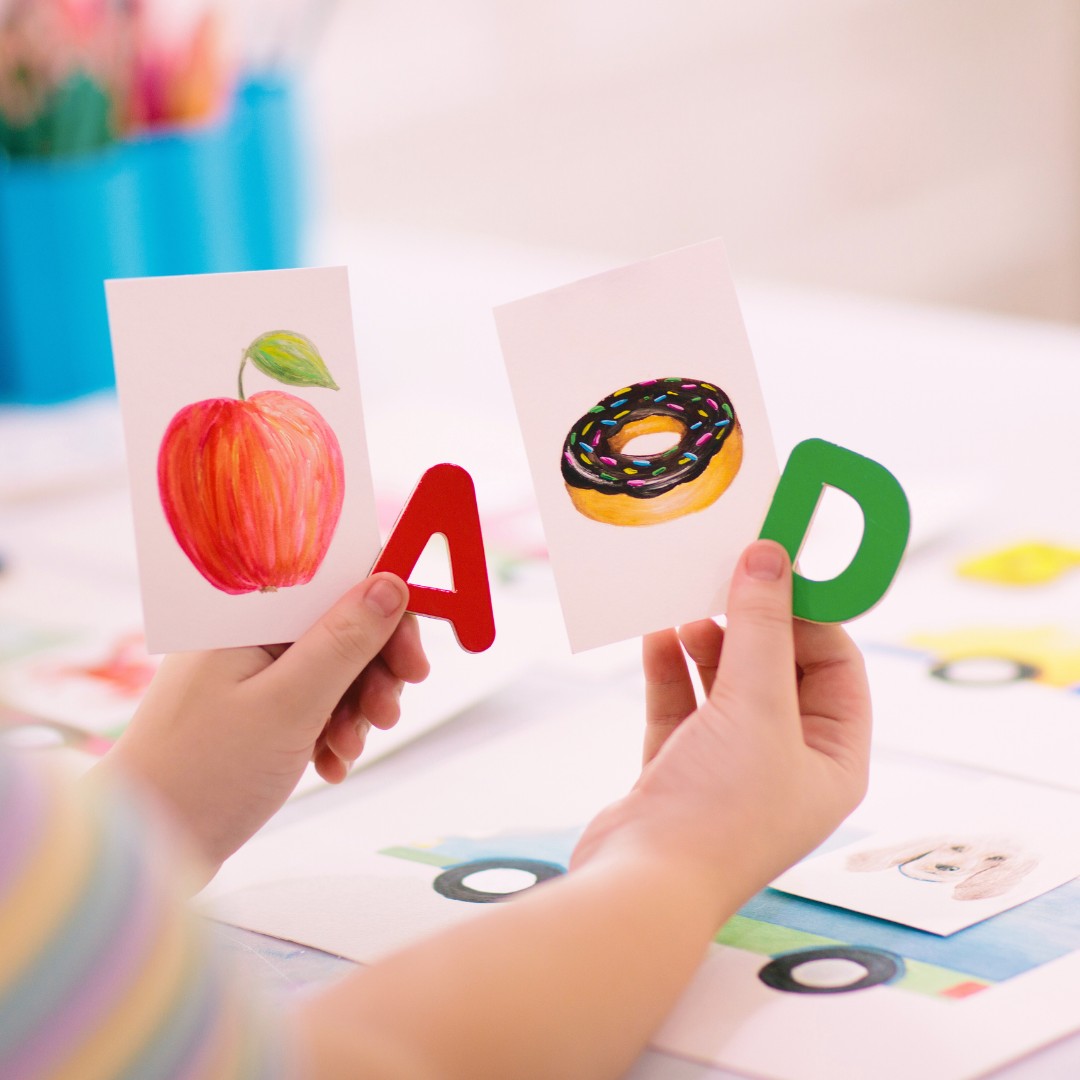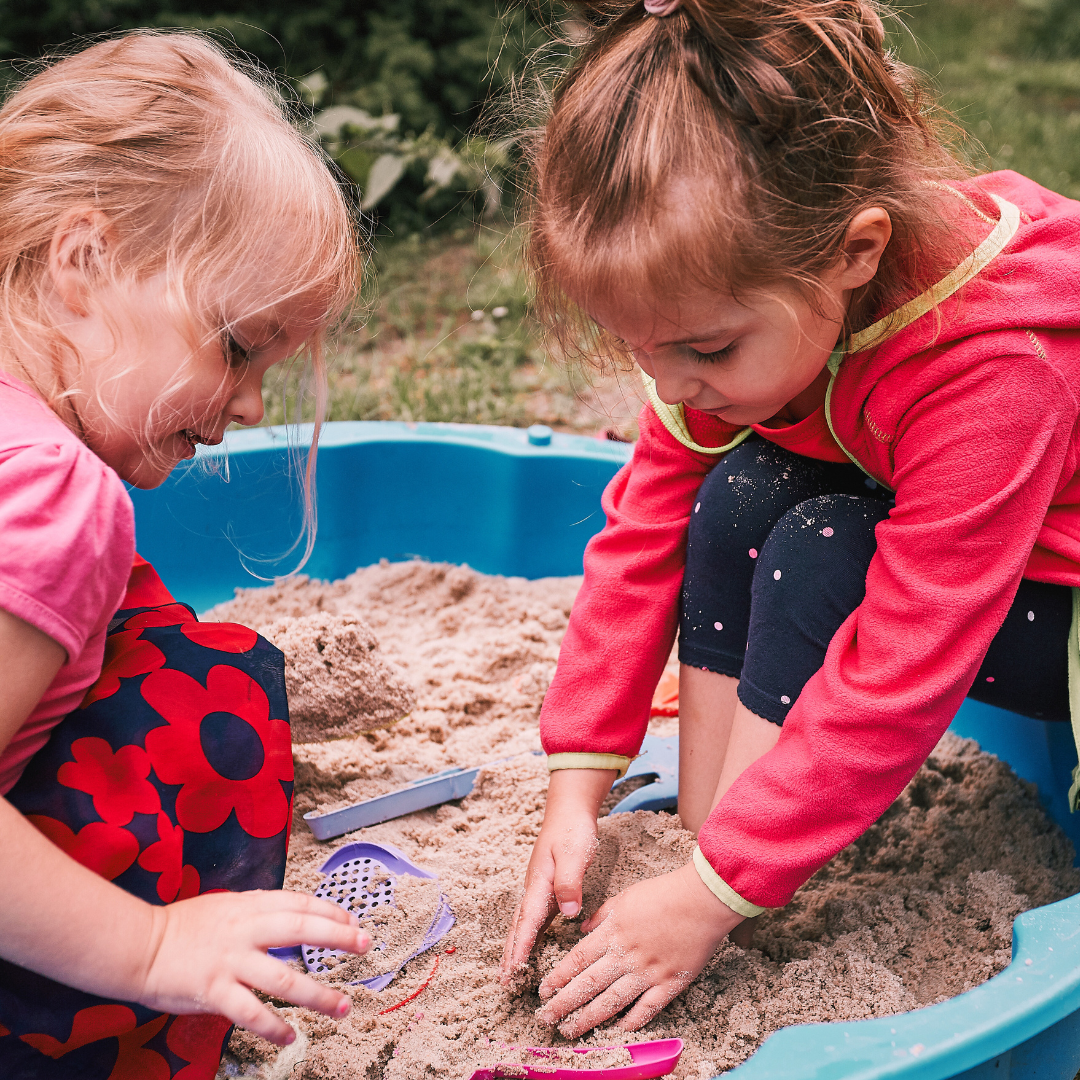Unlocking Your Child’s Potential: A Guide to Inquiry-Based Learning in Early Education
Hey there! When Covid turned everything upside down, I found myself shifting gears in my teaching career. Moving from teaching upper elementary to working with preschoolers again was a big change.
Learning in Early Education
I quickly noticed that preschool education had evolved since my earlier days. Kids seemed to be missing out on key skills like imagination, problem-solving, and deep engagement in play. Despite trying out trendy teaching methods from online pre-K experts, I felt stuck. Each lesson felt forced, leaving both me and my students feeling disconnected from the learning process.
It became clear that I needed to follow my instincts and try something different.
That’s when I dove into Inquiry-Based Learning (IBL) for early education. Ever heard of it?
IBL reignites that sense of wonder and curiosity in a child’s learning journey. It’s all about guiding kids through questions that lead to deeper exploration and understanding. Instead of just learning facts, they get hands-on with experiments and play to figure things out on their own.
I’ve come to love IBL because it’s not about making perfect crafts for parents to ooh and aah over. It’s about the journey of learning itself—how kids ask questions, explore ideas, and make sense of what they discover.
Now, don’t get me wrong. Figuring out how to switch up my teaching style wasn’t an overnight success. I spent months scouring Pinterest for ideas that would meet my students’ needs while still hitting those educational milestones.


But finally, I stumbled upon IBL, and it clicked.
Here’s what I learned about IBL:
- It’s all about asking open-ended questions that encourage kids to experiment and explore—teaching them how to think, not just what to think.
- The process of learning is more important than the end result. That’s a shift from what society usually celebrates, like cute crafts.
- Educators play a crucial role in creating an environment where kids feel empowered to ask questions and dig into what interests them.
- Students become active learners, taking charge of their own learning journey by asking questions, researching answers, and connecting the dots.
IBL isn’t just about passing tests; it’s about fostering a love of learning that lasts a lifetime. It encourages kids to always ask, “What else can I learn?” and “What am I curious about?”
Join me on this journey into Inquiry-Based Learning. Let’s explore practical tips, strategies, and examples together. Together, we can empower our little learners to think creatively, solve problems, and approach the world with curiosity and wonder.
Check out the links below to dive deeper into IBL:
- Unlocking Inquiry-Based Learning: Practical Tips for Success
- Fueling Curiosity: Strategies to Spark Lifelong Learning
- Empowering Exploration: How Educators and Students Collaborate in IBL
- Blueprints for Success: Essential Frameworks in IBL
- From Theory to Practice: Engaging Examples of IBL Activities
- Crafting Memorable Learning Adventures: Creating IBL Experiences
- Measuring Impact: Effective Assessment in IBL
- Breaking Barriers: Overcoming Challenges in IBL Education
- Empowering Educators: Professional Development for IBL Teaching
- Dive Deeper: Resources and Further Reading for IBL
Let’s embark on this enriching journey together. I look forward to learning and teaching alongside you!




